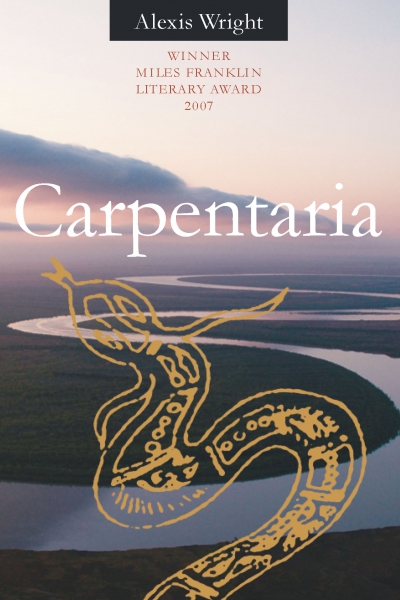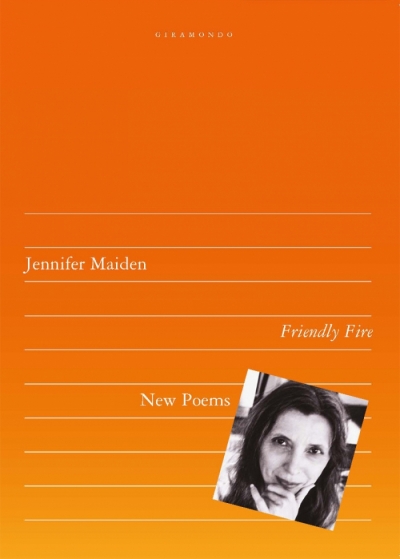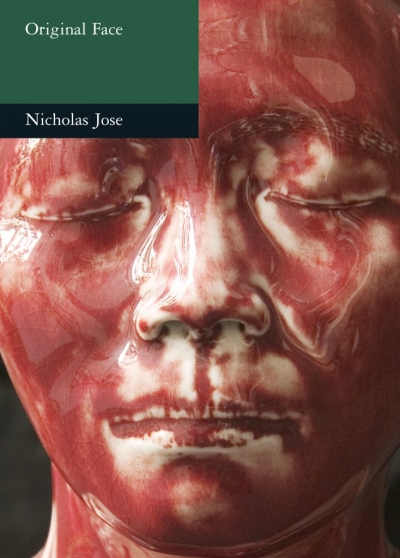Here is a rich vein of strange rococo fantasy in recent Australian fiction. Tom Gilling (The Sooterkin, 1999), Andrew Lindsay (The Breadmaker’s Carnival, 1998, and The Slapping Man, 2003) and Gregory Day (The Patron Saint of Eels, 2005) have all imagined tragicomic country towns in which miracles and monsters infiltrate the sleepy lives of unsuspecting villagers. The genre can be a trap for inattentive authors: the lines between quirky and cute, touching and twee, are perilously easy to cross. With this comic apocalyptic fantasy, Catherine Rey – who writes in French but lives in Perth – avoids this trap and achieves something more. In an idiom that is part Rabelais, part Old Testament and part Ocker Pub, she creates an hilarious, troubling fable with a distinctly Australian taste.
...
(read more)










